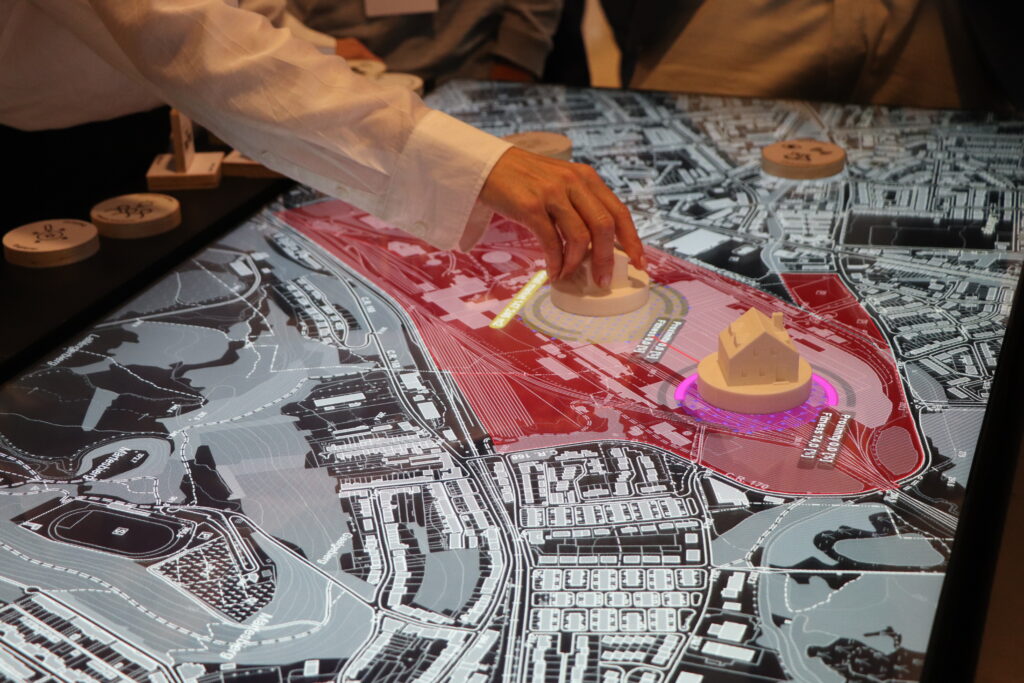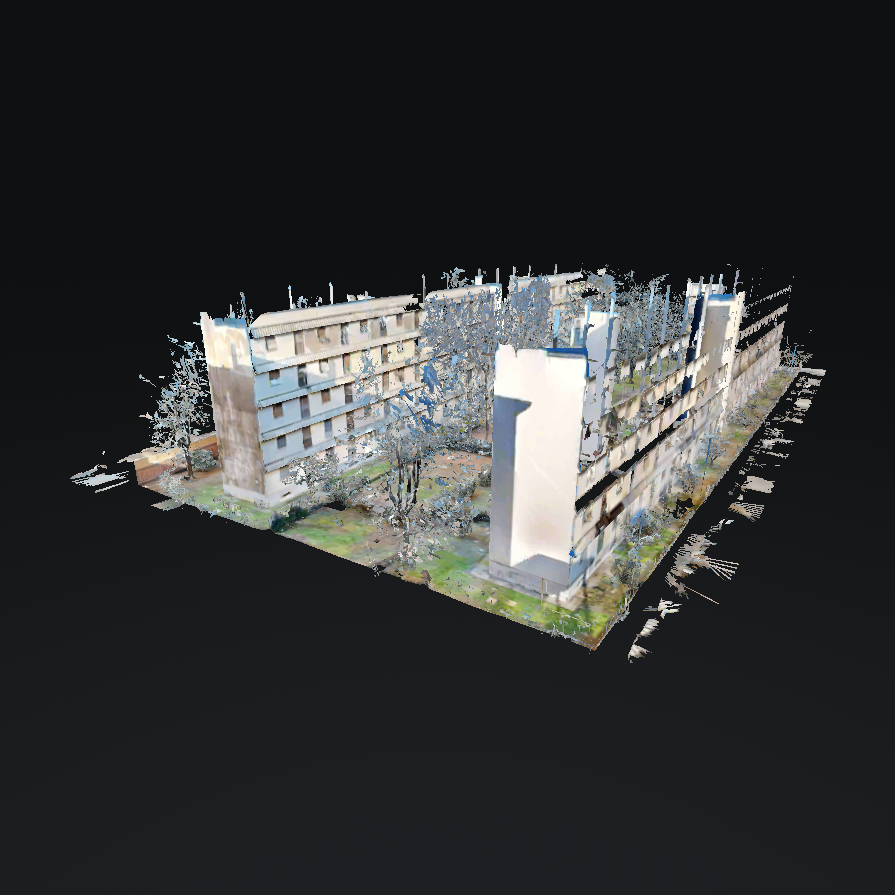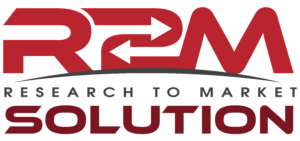REGEN is an ambitious EU-funded project aimed at regenerating European neighbourhoods with a strong focus on decarbonization, inclusivity, and affordability. By leveraging digital tools and sustainable urban planning frameworks, REGEN is creating pathways to reduce carbon footprints across the continent, while fostering community engagement and ensuring a better quality of life for residents. The project uses innovative digital and assessment tools to guide urban transformation and promote resilient and sustainable urban environments. As R2M, we support the Municipality of Milan with our digital tools to enhance urban regeneration in the area of Giambellino-Lorenteggio.
REGEN’s framework for best practice in rural and urban regeneration and citizen engagement
In order to develop a relevant toolkit and pathways to ensure urban and rural regeneration, REGEN is working to achieve objectives that touch the social-ecological aspects of the social-technical ones.
Among the Socio-Ecological Objectives is considered:
- The Development of an Assessment Framework for Urban Regeneration (AFUR): to address climate adaptation, social inclusion, and economic revitalization, allowing cities to implement and assess regeneration projects holistically
- Facilitate participatory planning by the establishment of Neighbourhood Regeneration Offices to engage residents, foster a sense of ownership in urban renewal, and encourage behavioural shifts.
From a technical point of view, the objectives are:
- Create an intervention catalogue with a compilation of best practices for urban and rural regeneration, guiding policymakers and developers.
- Develop the REGEN Toolbox: A citizen-oriented digital suite for participatory planning, helping communities actively contribute to neighbourhood regeneration.
- Enhance sustainable mobility planning: Initiatives for improved public transport, reduced car dependency, and expanded bike networks are essential to REGEN’s vision of sustainable cities.
The REGEN Toolbox
The REGEN Toolbox includes digital tools designed for neighbourhoods’ sustainable transformation:
- IES ICL: Digital Twins to plan decarbonization by improving building efficiency and reducing energy consumption.
- Re Suite: for managing new constructions and renovations.
- Digital and circular reconstruction with the support of GTB Lab.
- NBenefit$: for Nature-Based Solutions in external and public areas.
- Dinycont-Flows: the solution to improve accessibility and optimize pedestrian and vehicle flows.
- MUST – Managing Urban Spaces Together: for active citizen participation in urban regeneration planning.
Giambellino-Lorenteggio Demo Case: Regenerating a Historic Neighborhood in Milan
The Giambellino-Lorenteggio area in Milan is a key demonstration site for the REGEN project, which aims to showcase urban regeneration’s transformative potential. This historically rich and multicultural neighbourhood has evolved from an industrial working-class area into a socially diverse community. The REGEN project seeks to leverage the area’s strengths while addressing its challenges to foster a more sustainable and inclusive environment. R2M, thanks to its digital solutions and knowledge of the digitalization of the built environment, is partnering with the Municipality of Milan and AMAT to implement the REGEN toolkit.



The neighbourhood exhibits positive social dynamics and active community engagement, bolstered by municipal projects that include new libraries, improved green spaces, and the introduction of a Metro 4-line stop, enhancing connectivity and social activities. However, challenges remain, such as the diverse origins of the population and urban decay resulting from inadequate building maintenance and a lack of green spaces.
InREGEN our work is focused on 210 apartments in Via Giaggioli based on the “CASE ECONOMICHE E CASE MINIME PER I SENZATETTO” that were built in 1961 by ARCH. ARRIGO ARRIGHETTI
R2M for achieving the regeneration of the Milan Demo Site
R2M is the leader in conducting the work on the Milan demo case for the REGEN project. The project has specific goals for improving Giambellino-Lorenteggio in several areas regarding:
-
Built Environment: such as improving Building Performance with retrofitting and energy-saving solutions using the ICL platform aimed at the creation of Digital Twins.
- Public Spaces: Enhance urban infrastructure with nature-based solutions by the use of Greenpass, the software that helps analyze the resilience of buildings to climate change by simulating the project and the implementation of NBSs based on six urban challenges. It is the best ally to create greener, more sustainable urban areas.
-
Energy Systems: by reducing energy use with the implementation of smart technologies, like energy-efficient heating and cooling, encouraging the use of renewable energy sources, as well as establishing a district heating network to provide sustainable energy to the community and by an Energy Analysis and modelling to improve energy savings with the use of ICL Tool.
-
Mobility and Transport: Promote Public Transport and Active Mobility with the DinyCont tool to improve public transport options, expand bike lanes, and encourage pedestrian-friendly streets to reduce car dependency
-
Circular Economy: Apply circular economy principles in building design, aiming for modular, resource-efficient structures by the use of Greenpass as well as Matteport, the 3D cameras that help digitize buildings for Scan-2-BIM activities used to define the percentage for the reuse of constriction elements of the demo case buildings. (Explore the 3D Tour of Via Giaggioli here)
-
Green Spaces and Nature-Based Solutions: Expand green areas, deploy nature-based solutions to mitigate climate impacts, and create healthier urban environments.
- Neighbourhood Regeneration Office: Potential spaces have been identified for establishing a community hub to coordinate and support the regeneration efforts



REGEN represents a comprehensive approach to urban regeneration, integrating digital tools, community engagement, and sustainable practices to foster resilient and low-carbon neighbourhoods. Through the Milan demo case at Giambellino-Lorenteggio, R2M with REGEN is actively demonstrating how European cities can adapt and thrive amidst global environmental and social challenges thanks to R2M’s knowledge and solutions for the digitalization of the built environment.

























